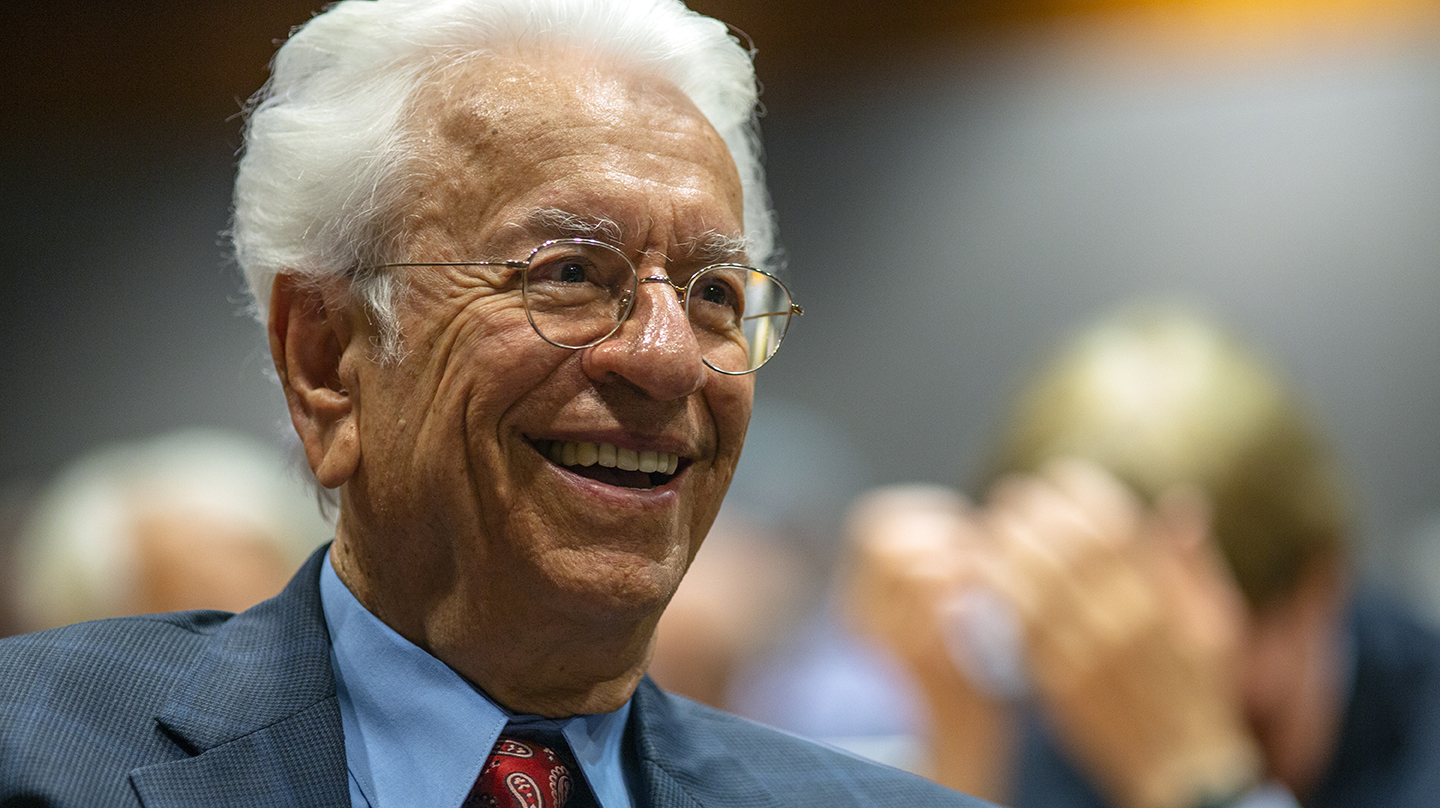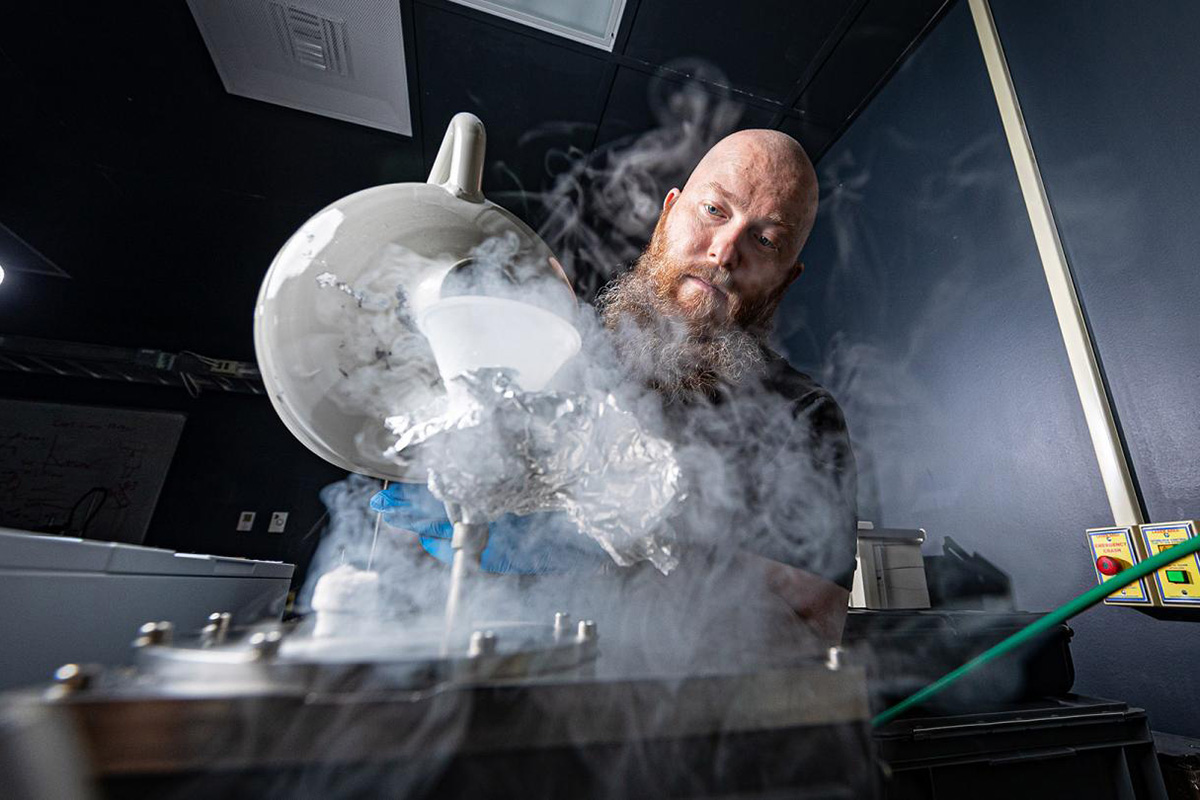Press Release
Johns Hopkins APL Launches Space Science Postdoctoral Scholars Program
The Johns Hopkins Applied Physics Laboratory (APL) in Laurel, Maryland, is launching a program for postdoctoral scholars to contribute to the Laboratory’s cutting-edge space exploration projects.
The Krimigis Postdoctoral Scholars Program will provide eligible applicants with the opportunity to engage on multiple space science initiatives. APL’s community of scientists and engineers have led more than 70 spacecraft missions and more than 325 specialized instruments over the expanse of the Space Age.
The program is named after Stamatios “Tom” Krimigis, a space exploration pioneer who served as science instrument principal investigator on five NASA missions, including Voyager and the Cassini orbiter to Saturn. Krimigis is also the only scientist to lead instrument investigations or participate in missions to all nine classical planets and the Sun.
“I’m proud to connect myself to a program that will enable future scientists and engineers to flourish in space exploration,” said Krimigis, who joined APL in 1968 and headed the Lab’s Space Department — now known as the Space Exploration Sector (SES) — from 1991 to 2004.
Scholars are enrolled in the program for two years, with the option for a third year. Interested applicants must have a doctorate in a relevant subject awarded within the last three years, a demonstrated ability to perform independent research — with work published or submitted for publication prior to the expected start date — and the ability to work well within a team.
Applicants enrolled in the program will receive competitive pay, generous benefits and networking opportunities both within their cohort and among other APL researchers. During their tenure, postdocs will also work under the supervision of an APL staff mentor.
Successful applicants will also receive support and training for research and proposal writing, as well as support to attend conferences.
“This program provides an opportunity for early-career scientists to work on one-of-a-kind spaceflight missions of exploration and discovery,” said Bobby Braun, head of SES at APL. “Each research effort will expand scientific knowledge, have real-world impact and address fundamental questions that advance the fields of space science and technology.”
The program was started to help formalize the process of enticing postdocs to consider APL. The program will not only open the door to a larger selection of postdoc candidates to work at APL but also provide a more strategic approach to hiring.
“This initiative opens up the competition for positions in SES, allowing us to cast a wide net for both postdocs and early-career positions,” said Dana Hurley, supervisor of SES’ Space Science and Instrumentation Branch. “Reaching into untapped communities and expanding the diversity of thought in our research program will lead to innovative space science approaches and results.”

